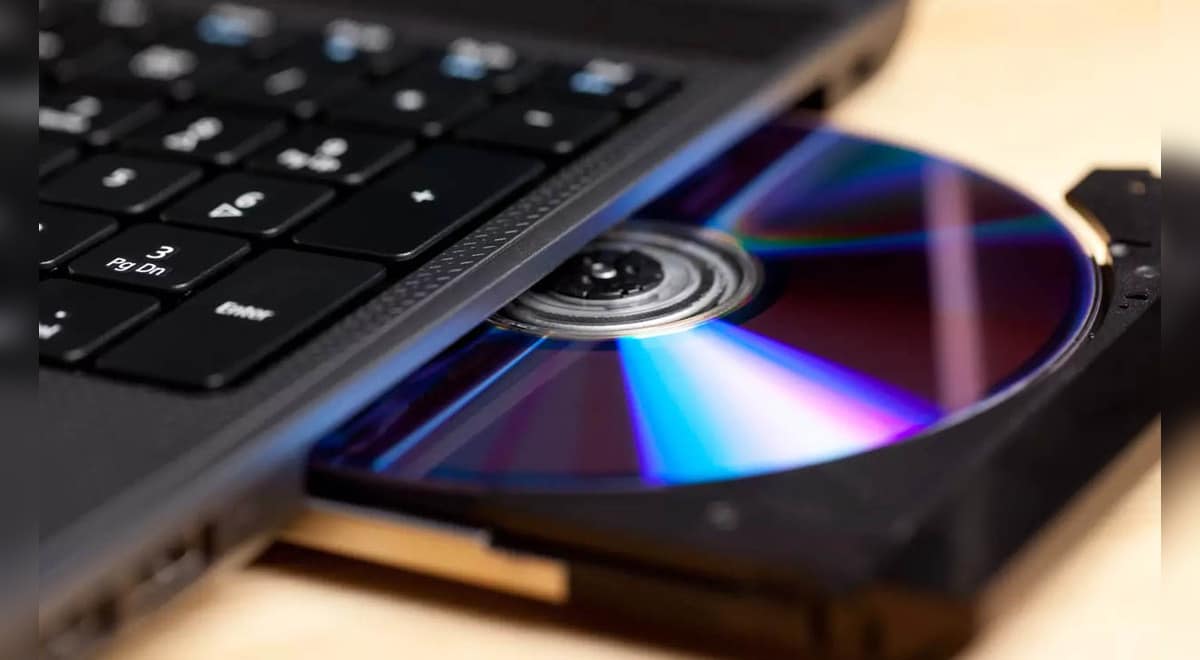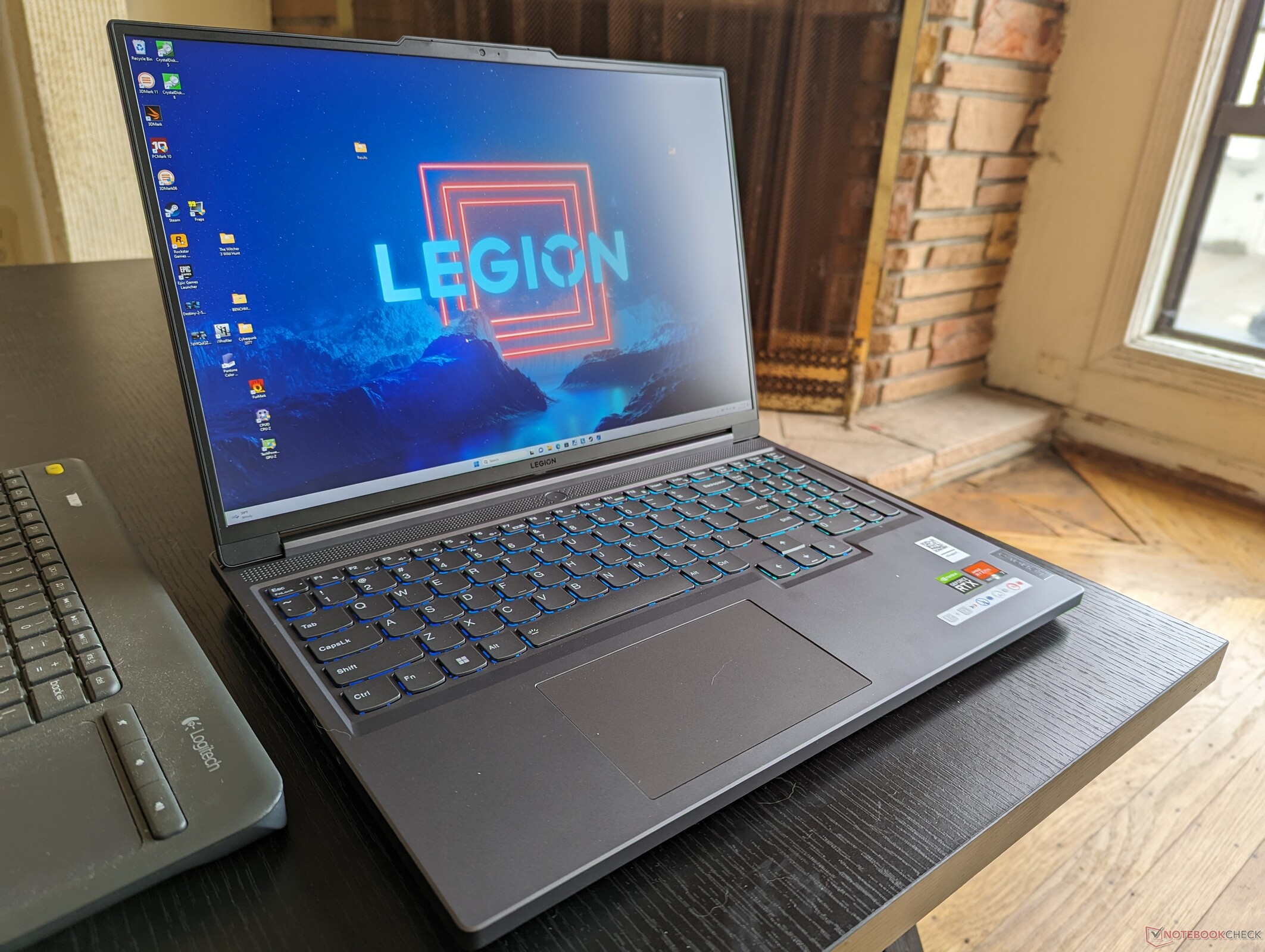
In the contemporary tech landscape, optical drives in PCs are often dismissed as obsolete, with many modern desktops and laptops being designed without them. However, there remain compelling arguments for retaining an optical drive.
A primary advantage is the practicality of rescue boot CDs. While USB drives can be configured as bootable, the process of creating a bootable optical disc is often simpler and more reliable. Although USB sticks are generally more convenient, they don’t always offer the same level of durability.
This leads us to the next point: the longevity of optical drives as a storage medium. CDs and DVDs are not only inexpensive storage media, they are also surprisingly durable if you store them properly. Some specialized DVDs can even last an entire century. This makes them an excellent option for long-term archiving.
Optical drives are not only essential for data, but also for entertainment. Despite the popularity of streaming services, there is a huge selection of films and music on DVDs and CDs that are not available online.
Finally, there’s the nostalgia and practicality that comes with retro PC games. Many of these games are only available on discs. In this case, an optical disc drive is the key to playback. In addition, certain platforms such as GOG allow users to purchase DRM-free games and legally create physical backup copies.
Even in our digital-dominated era, external optical drives deserve a steadfast spot in our technological repertoire. Easily accessible and often priced under $20 on platforms like Amazon, these devices bring an added layer of versatility. Additionally, the cost-effectiveness of blank discs is remarkable; a pack of 50 blank DVDs can be acquired for just $16 on Amazon, equating to a mere 30 cents per disc. For those considering disc burning capabilities, it’s advisable to choose an optical drive equipped for this purpose.



